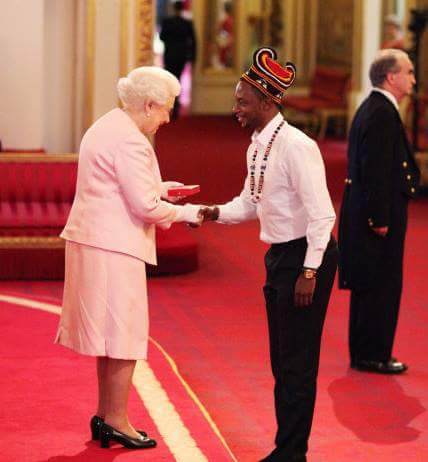Mixed reactions from Mozambicans over the scrapping of Anti-Gay Law in Mozambique. Mozambique has overturned an anti-gay law which has been on the law books since Portuguese colonial times.A new penal code, signed into law in December last, came into effect on Monday 29th June 2015, and effectively decriminalizes homosexuality, which has been a crime in Mozambique since 1886.
Last year, Mozambique revised a Penal Code that had been in effect, with some amendments, since it was a Portuguese colony. In the process, legislators removed
a section that allowed “security measures” to be taken against people
“who habitually engage in vices against nature.” Acceptable measures in
response to those “vices against nature” included requiring a bond to
assure good behavior, putting violators on probation, or confining them
to a workhouse or agricultural colony for up to three years. Because
of that section of the Penal Code, arguments occasionally erupted over
whether Mozambique deserved to be included in lists of countries with
anti-gay laws.
 |
Mozambique: Victory For LGBT Community As Anti-Gay Law Removed
|
According to many, it is important to recognize human rights while others said homosexuality goes against African culture.
"The world is getting crazy. Africans are very weak in preserving their culture. They think that everything a white man does is marvelous," said Thomas Johannes, an official from the ruling Frelimo party in the northern Nampula province.
"Africans are not prepared for this type of society and life," said Jose Tembe, a journalists working for Radio Mozambique, adding that families rejecting their gay children could be "a catastrophe."
"All Mozambicans have freedom of expression, of forming a party or association, of doing anything he or she wants. So what is the problem of lifting the gay law?" asked Ana Maria Sambo, a high school teacher in the capital Maputo.
However, the Agencia de Informacao de Mocambique, as quoted in
AllAfrica, states:
“Homosexuality is not, and never has been, illegal in Mozambique. The colonial Penal Code, as amended in 1954, contained a clause which thundered against ‘those who habitually engage in vices against nature,’ ” [because] Portuguese legislators had been too coy to mention gay sex explicitly, and so a meaningless clause entered the statute books, which no court could act upon.”
 |
| Mozambique’s LGBTI advocacy organization, Lambda, can celebrate the
repeal of the country’s anti-gay law, but it has not yet won its battle
for official government recognition, which it has been seeking since
2008. (Photo from Lambda’s website) |
“The new Penal Code sweeps away a great deal of the musty colonial legacy, including the mention of ‘vices against nature.’ Now not even the most contorted of arguments could claim that acts of gay sex between consenting adults are somehow illegal.”
Last year, Lambda renewed its campaign for official recognition. As
SOGI News reported:
“In a ploy to avoid registering the group, the Ministry of Justice, which is tasked with this responsibility, has been conspicuous by their silence by not responding to any of the organisation’s applications since 2008. Under the country’s laws, any group of ten or more Mozambican citizens, over the age of 18, can form an association, and legal registration should not take more than 45 days.”
AllAfrica reported:
“United Nations Human Rights Council [in 2011] … recommended that Mozambique should register ‘the organisations which work on questions of sexual orientation and gender identity.’ But still the Ministry remained mute.
“In February 2013, Lambda submitted a complaint to the ombudsman, Jose Abudo. He too did not bother to reply. In June 2013, Lambda submitted a protest to the petitions commission of the Mozambican parliament, the Assembly of the Republic.
“In September 2013, Justice Minister Benvinda Levi finally granted an audience to Lambda. But still Lambda did not receive the legal recognition it had requested.
“Also in September 2013, Lambda protested to the National Human Rights Commission. This was another body that did not reply – even when, in June [2014], Lambda submitted a ‘request for rapidity’ to the Commission.”
In November 2014, Lambda took out a full-page newspaper advertisement to put pressure on the government to act. The advertisement stated that Lambda exists “to promote the self-esteem, positive visibility, sexual health and the economic, social and political rights” of gay, bisexual and transsexual Mozambicans.
“Our primary interest”, Lambda added, “is to precipitate a change in society so that it becomes more favourable to the free expression of sexual orientation and gender identity”.
“The silence of the Mozambican state”, it said, “legitimizes discrimination and strengthens the stigma to which LGBT people are subject in the communities, workplaces, schools, etc. Above all, it perpetuates the idea that LGBT citizens are less important than all other Mozambicans, thus placing them in a situation of inferiority, disadvantage and inequality”.




















